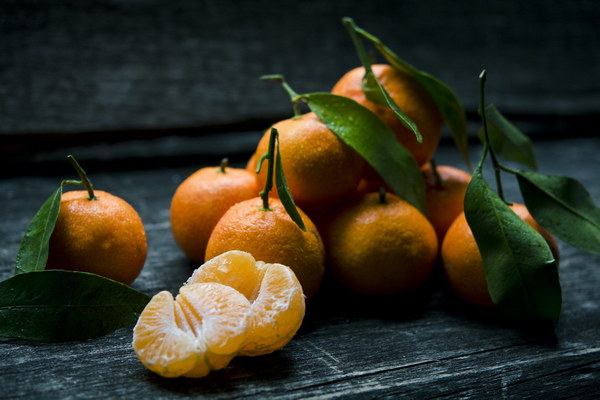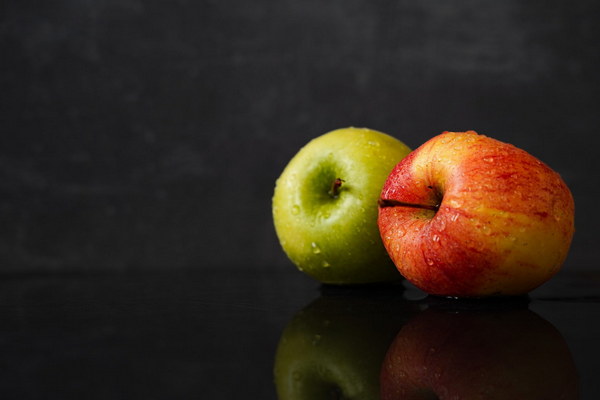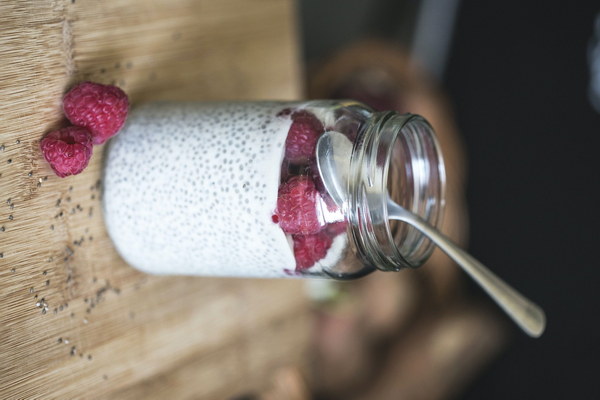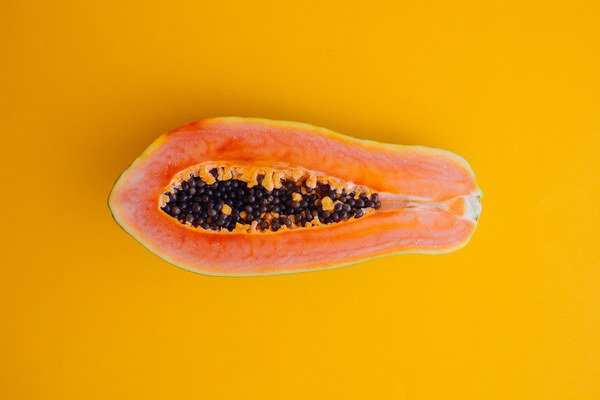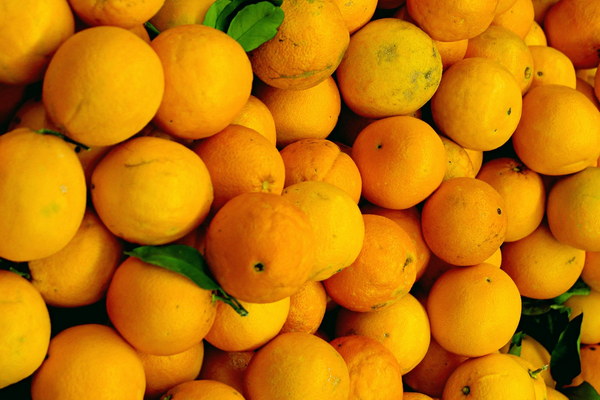Unlock the Secrets The Ultimate Guide to Nourishing Your Kidneys with the Best Foods
In the pursuit of a healthy and balanced lifestyle, the importance of kidney health cannot be overstated. The kidneys play a crucial role in filtering waste and toxins from the body, maintaining fluid balance, and regulating blood pressure. However, with the demands of modern life, it is all too easy to neglect our kidneys' well-being. In this article, we will delve into the art of kidney care, uncovering the secrets of how to nourish your kidneys with the best foods for kidney health.
Understanding Kidney Health
Before we delve into the specifics of kidney-friendly foods, it's essential to understand the basics of kidney health. The kidneys are two bean-shaped organs located on either side of the spine, just below the rib cage. They filter approximately 200 quarts of blood each day, producing about 1 to 2 quarts of urine, which is excreted from the body.
When the kidneys are not functioning properly, waste products and excess fluid can build up in the body, leading to a range of health issues. That's why it's crucial to take proactive steps to support kidney health, starting with diet.
The Best Foods for Kidney Health
1. Leafy Greens: Dark leafy greens such as spinach, kale, and swiss chard are packed with essential nutrients that support kidney health. These vegetables are rich in vitamin K, which is vital for bone health and can help prevent kidney stones. They also contain antioxidants that protect the kidneys from oxidative stress.
2. Berries: Berries like strawberries, blueberries, and raspberries are high in antioxidants, which can help reduce inflammation and lower the risk of kidney disease. They also have a low potassium content, making them a suitable choice for those with kidney issues.
3. Cranberries: Renowned for their ability to prevent urinary tract infections, cranberries are a superfood for kidney health. They contain proanthocyanidins, which can help prevent bacteria from sticking to the urinary tract walls, thereby reducing the risk of infection.
4. Nuts and Seeds: Almonds, chia seeds, and flaxseeds are great sources of healthy fats, protein, and antioxidants. These nutrients help reduce inflammation and support kidney function. However, it's essential to consume them in moderation due to their high potassium content.
5. Fish: Fish such as salmon, trout, and sardines are rich in omega-3 fatty acids, which have anti-inflammatory properties and can help reduce the risk of chronic kidney disease. Additionally, these fish are low in phosphorus, a mineral that can be harmful to the kidneys when consumed in excess.
6. Beets: Beets are an excellent source of folate, potassium, and nitrates, which have been shown to improve kidney function. They also contain betaine, a compound that helps reduce homocysteine levels, which can be harmful to the kidneys.

7. Herbs and Spices: Herbs like garlic, onions, and ginger have been used for centuries to support kidney health. They contain compounds that can help reduce inflammation and improve blood flow, thereby promoting kidney function.
How to Integrate Kidney-Friendly Foods into Your Diet
To nourish your kidneys with the best foods, it's essential to incorporate a variety of kidney-friendly foods into your diet. Here are some tips to help you get started:
1. Increase Your Intake of Fresh Fruits and Vegetables: Aim for at least 5 servings of fruits and vegetables per day, focusing on kidney-friendly options like leafy greens, berries, and cruciferous vegetables.
2. Choose Lean Proteins: Opt for lean proteins such as poultry, fish, and plant-based options like lentils and tofu, which are lower in phosphorus and saturated fats.
3. Limit Salt and Processed Foods: Excessive salt intake can increase blood pressure and strain the kidneys. Minimize the consumption of processed foods, which are often high in sodium.
4. Stay Hydrated: Drink plenty of water throughout the day to support kidney function. Aim for at least 8 cups per day, but consult with your healthcare provider if you have specific kidney health concerns.
5. Lifestyle Changes: Along with a kidney-friendly diet, adopt a healthy lifestyle that includes regular exercise, stress management, and adequate sleep.
By incorporating these kidney-friendly foods into your diet and adopting a healthy lifestyle, you can take proactive steps to support your kidney health. Remember, the key to maintaining optimal kidney function lies in a balanced approach that combines nutrition, exercise, and mindfulness.



